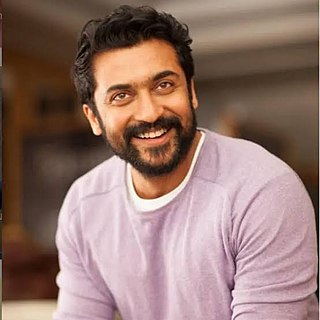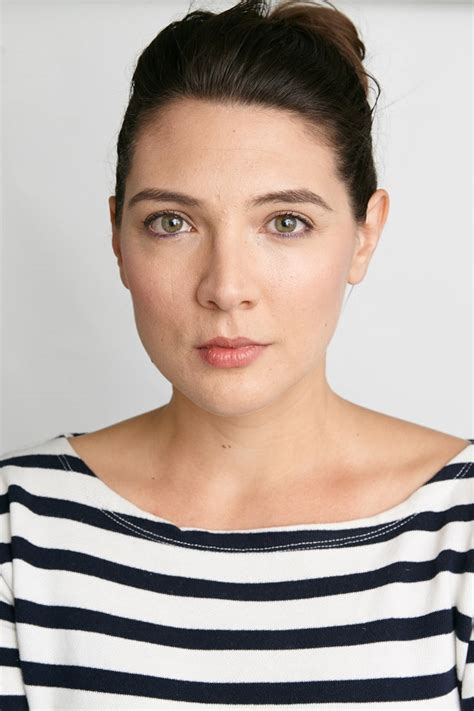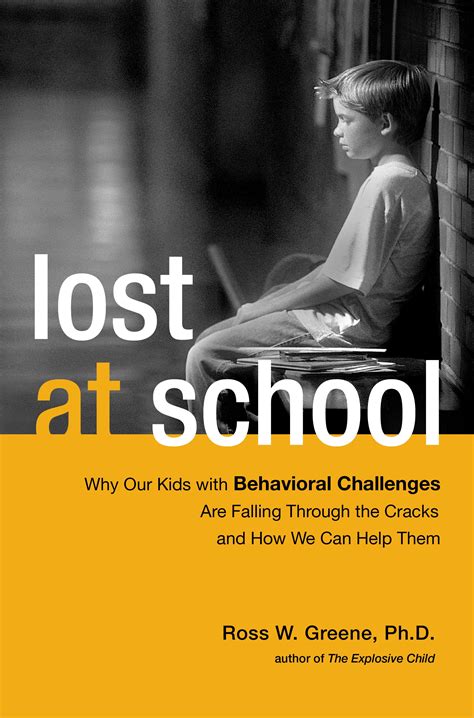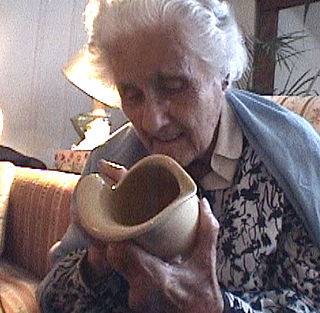A Quote by Adele Faber
Take two kids in competition for their parents' love and attention. Add to that the envy that one child feels for the accomplishments of the other; the resentment that each child feels for the privileges of the other; the personal frustrations that they don't dare let out on anyone else but a brother or sister, and it's not hard to understand why in families across the land, the sibling relationship contains enough emotional dynamite to set off rounds of daily explosions.
Quote Topics
Accomplishments
Across
Add
Anyone
Anyone Else
Attention
Brother
Child
Competition
Contains
Daily
Dare
Dynamite
Each
Else
Emotional
Enough
Envy
Explosions
Families
Feels
Frustrations
Hard
Kids
Land
Love
Off
Other
Out
Parents
Personal
Privileges
Relationship
Resentment
Rounds
Set
Sibling
Sister
Take
Two
Understand
Why
Related Quotes
I've always had this interest in sibling relationships because I don't have any siblings. I'm completely a product of the one-child policy in China, so I always kind of wished that I had an older brother or a younger brother or sister just to have that bond, so I find myself constantly writing about that relationship.
Compared to other parents, remarried parents seem more desirous of their child's approval, more alert to the child's emotional state, and more sensitive in their parent-child relations. Perhaps this is the result of heightened empathy for the child's suffering, perhaps it is a guilt reaction; in either case, it gives the child a potent weapon--the power to disrupt the new household and come between parent and the new spouse.
A man of understanding, a man who understands himself and others, always feels compassion. Even if somebody is an enemy you have compassion toward him because a man of understanding can understand the viewpoint of the other also. He knows why the other feels as he feels, he knows why the other is angry, because he knows his own self, and in knowing that, he has known all others.
A lot of parents aren't exactly sure how to go about solving a problem with a kid in a way that's mutually satisfactory - doing that with their child feels very foreign to a lot of people. It probably explains why so many parents tell me their kids don't listen to them and why so many kids tell me that they don't feel heard.
You can read the best experts on child care. You can listen to those who have been there. You can take a whole childbirth and child-care course without missing a lesson. But you won't really know a thing about yourselves and each other as parents, or your baby as a child, until you have her in your arms. That's the moment when the lifelong process of bringing up a child into the fold of the family begins.
This industry should behave like a mother whose child has just run out in front of a car. But instead of clasping the child to them, they start punishing the child. Like you don't dare get a cold. How dare you get a cold! I mean, the executives can get colds and stay home forever and phone it in, but how dare you, the actor, get a cold or a virus. You know, no one feels worse than the one who's sick. I sometimes wish, gee, I wish they had to act a comedy with a temperature and a virus infection.
When you are dancing with your partner, for that two and a half minutes, you are in love with each other. You're
corresponding with each other by the moves that you make. It's a love affair, between you and your partner and
the music. You feel the music, you feel your partner, she feels you and she feels the music. So there the three of
you are together. You've got a triangle, you know. Which one do you love best?
Kids know they can't make it alone, yet at the same time, built into each one of us, is a survival ethic. It says, "Nobody cares and you have to look out for yourself and if you don't, you'll die." These two things work against each other. I think most kids are very frightened of their parents, and that's what all fairy tales reflect: Parents will fail you and you'll be left on your own. But, of course, everything comes out right in the end and the parents take you back.
A child is not a Christian child, not a Muslim child, but a child of Christian parents or a child of Muslim parents. This latter nomenclature, by the way, would be an excellent piece of consciousness-raising for the children themselves. A child who is told she is a 'child of Muslim parents' will immediately realize that religion is something for her to choose -or reject- when she becomes old enough to do so.

































